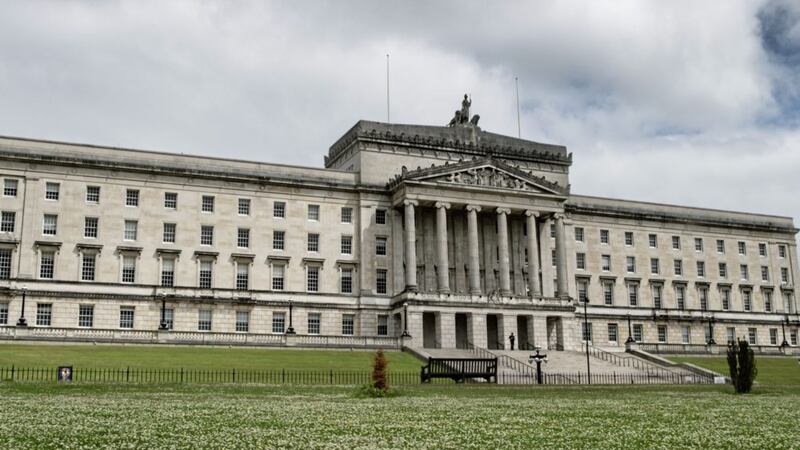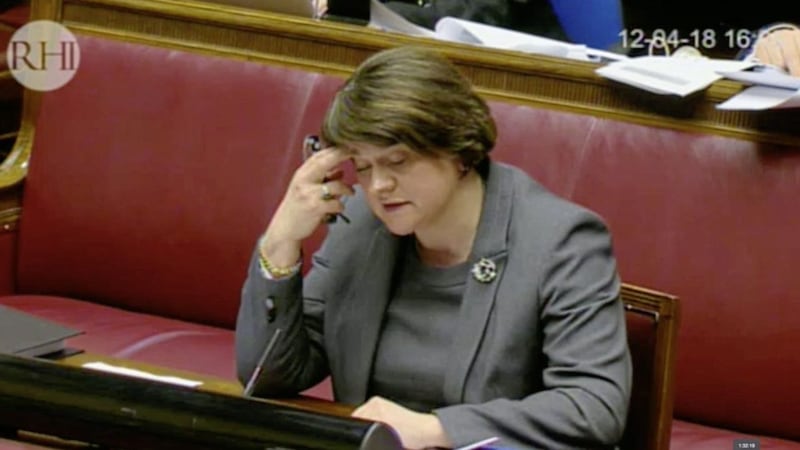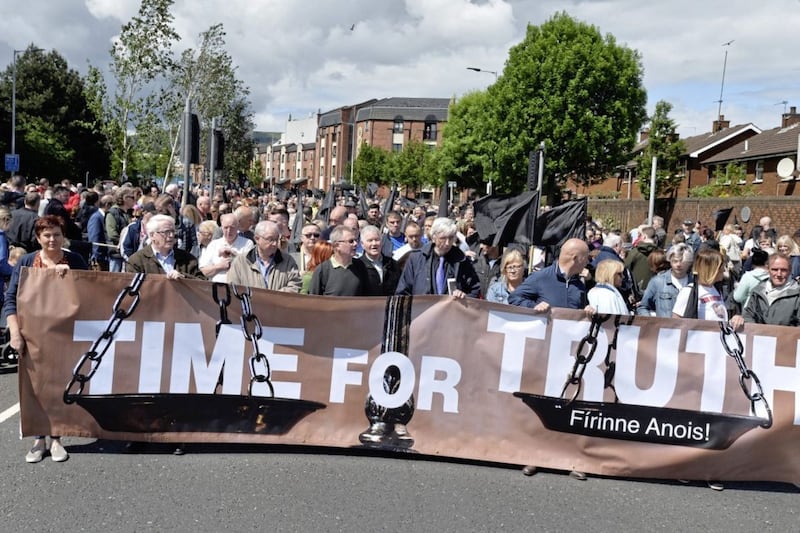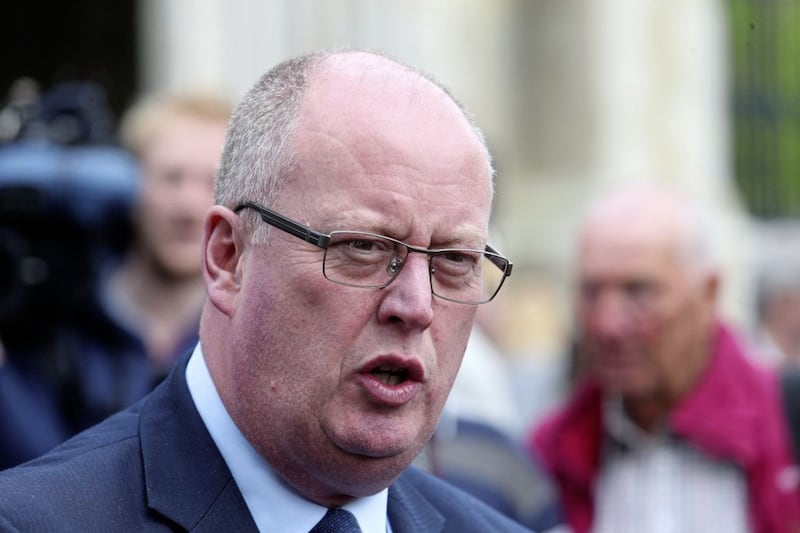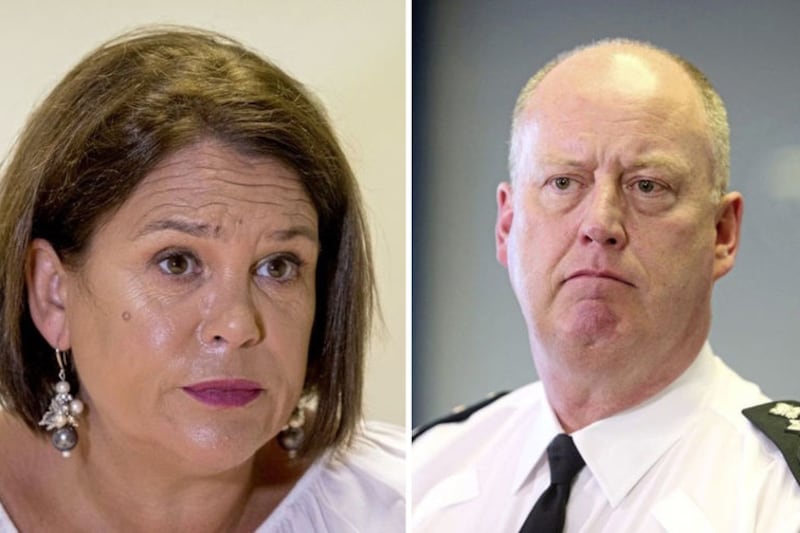NO visible progress has been made on replacing critical EU policing frameworks that enable close cross-border cooperation between officers in Ireland, Northern Ireland's chief constable has warned.
George Hamilton said there would be "very real operational consequences" if options such as the European Arrest Warrant and protocols that enable evidence and information sharing between the Garda and PSNI were not mirrored post-Brexit.
Mr Hamilton was giving evidence to the Lords EU committee, which was sitting at Stormont yesterday.
The region's senior officer said he had been raising the issues for 18 months but had not seen any evidence of progress. He suggested the PSNI may have been too "timid" in emphasising its concerns, for fear of stepping into the political sphere.
"I don't feel we are in a better place than we were 18 months ago," Mr Hamilton told peers.
"We feel a certain concern and lack of assurance actually that we are saying the same things now that we were saying 18 months ago but – probably because of the plethora of other issues that need to be addressed in Brexit – we are not seeing, on the policing and criminal justice front, enough direction, clarity and ask about what we need."
Mr Hamilton made clear that the structures could be replicated in other ways post-Brexit.
"We are not saying there is no alternative to those EU frameworks but there does need to be some alternative arrangement and I guess our concerns, without moving to a panic stage, is the clock is ticking and we are getting not that far away now from when we are going to need these instruments and pieces of legislation in place."
"I guess my concern is we might have been so timid around raising it that it hasn't had the prominence it deserves and there is something about getting the balance between not moving into what could be perceived as offering a political perspective, because we are not doing that, but there are very real operational consequences if there are no alternative arrangements in place around exchange of material and exchange of people, by way of European Arrest Warrant."
Senior figures from Sinn Féin and the DUP also gave evidence during a day-long committee hearing in Parliament Buildings.
Sinn Féin's John O'Dowd and DUP MP Sammy Wilson were both asked for their assessment of the border dimension of December's agreed UK/EU paper that enabled Brexit talks to move to future trading relations.
A first draft of the document was torpedoed when the DUP, the government's Westminster kingmakers, intervened and warned Prime Minister Theresa May that language around regulatory alignment between Northern Ireland and the Republic was unacceptable.
The DUP ultimately reluctantly approved an amended version of the text that made clear Northern Ireland's place in the UK's internal market would not be impacted post-Brexit.
Mr Wilson, who also reiterated his party's criticism of the Dublin government's role in negotiations, told peers that his party had not intend to humiliate Mrs May.
"The reason why we intervened was because we were alarmed at what the initial document looked like and despite the agreement we have with the government in Westminster we do have a duty to protect Northern Ireland 's position within the United Kingdom and we moved quickly to do that and I hope lessons have been learned from that," he said.
"It wasn't an attempt in any way to humiliate the prime minister, or to cane her, or put us in the driving seat."
Mr O'Dowd said the DUP had vented a lot of "angst" about the threat of a trade barrier being erected between Northern Ireland and the rest of the UK if there were specific regulatory arrangements on the island of Ireland.
He insisted Sinn Féin also did not want to see any barriers dividing the two islands.
"We do not want to see a border up the Irish Sea," he said.
"We want to see unhindered trade between this island and Britain, because it is in the economic benefit of both islands for that to happen.
"That doesn't satisfy our desire to see a constitutional change, but that constitutional change doesn't involve us turning our back on our nearest neighbour."
